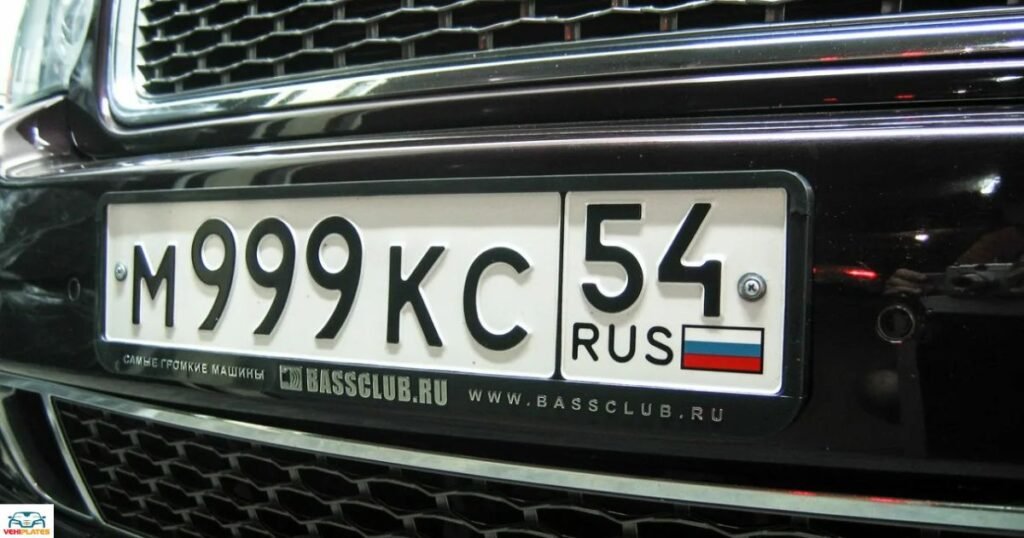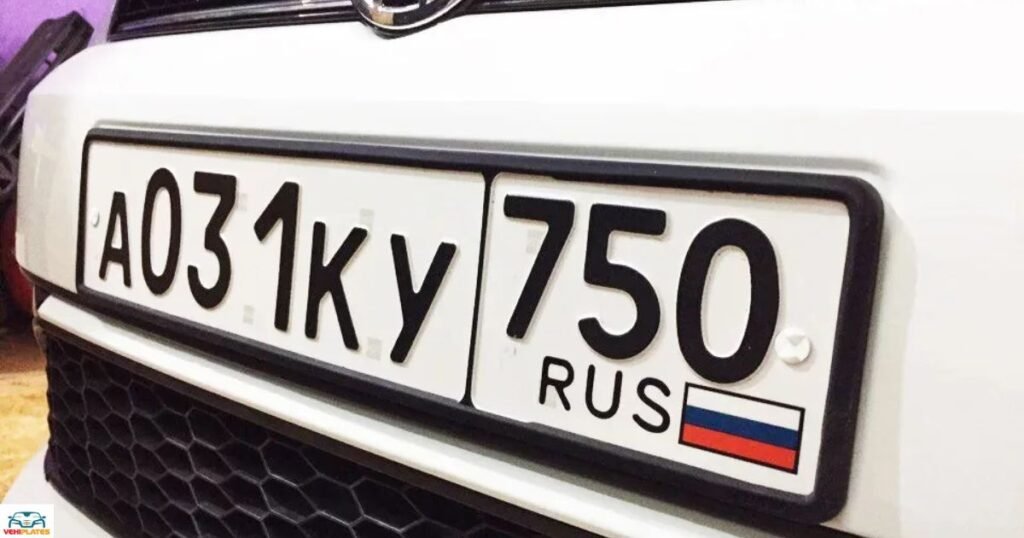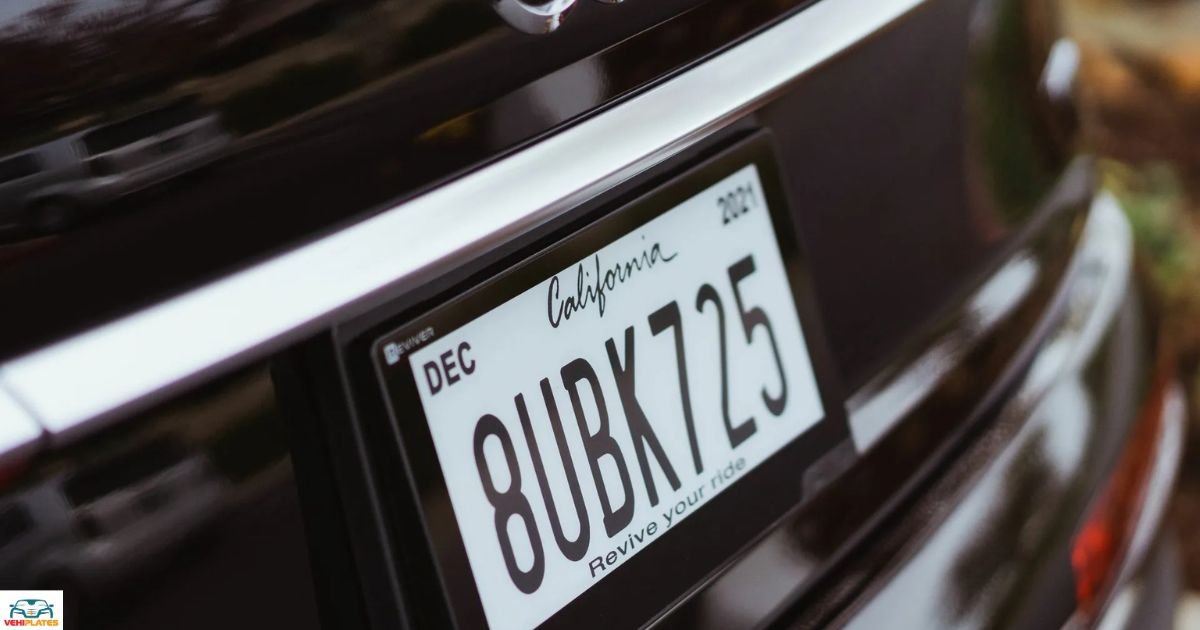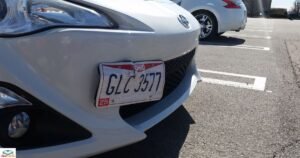License plate readers (LPRs) have become ubiquitous tools for law enforcement, toll collection, and even private companies. Concerns about privacy have led some individuals to seek ways to block or obscure their license plates from being read by these devices.
While it’s important to note that interfering with LPRs may be illegal in some jurisdictions, there are several methods that individuals may employ to protect their privacy.
In this article, we’ll explore various strategies for blocking license plate readers and discuss their effectiveness and legality.
Understanding License Plate Readers (LPRs)
Before diving into methods of blocking LPRs, it’s crucial to understand how these systems work and why individuals might want to prevent them from capturing their license plate information.
How License Plate Readers Work
- LPRs use optical character recognition (OCR) technology to capture images of license plates.
- These images are then processed to extract the alphanumeric characters of the license plate.
- The extracted data is typically stored in a database, allowing for the tracking and monitoring of vehicles.
Privacy Concerns
- Many individuals are concerned about the potential misuse of their location data obtained through LPRs.
- There are worries about government surveillance, data breaches, and unauthorized access to personal information.
Legal and Ethical Considerations

Before attempting to block or obscure your license plate from LPRs, it’s essential to understand the legal and ethical implications of doing so.
Legalities
- Tampering with license plates or using methods to obstruct LPRs may be illegal in certain jurisdictions.
- Consult local laws and regulations to determine the legality of any actions taken to block LPRs.
Ethics
- Consider the potential consequences of blocking LPRs, including impacts on law enforcement operations and public safety.
- Balance the desire for privacy with respect for the law and the rights of others.
Methods for Blocking License Plate Readers
While some methods for blocking LPRs may be more effective than others, it’s important to remember that none are foolproof. The legality of these methods varies depending on location.
License Plate Covers
Description: License plate covers are clear or tinted plastic covers that fit over license plates.
Effectiveness: Some covers are designed to reflect or refract light, making it difficult for LPRs to capture clear images of license plates.
Legality: Check local laws, as some jurisdictions prohibit the use of license plate covers that obscure or distort plate information.
License Plate Sprays and Films
Description: Sprays and films contain reflective materials that can obscure license plate information when applied.
Effectiveness: These products may temporarily disrupt LPR functionality, but their effectiveness can vary depending on environmental conditions.
Legality: Similar to license plate covers, the use of sprays and films, as well as considerations like ‘Do Motorcycles Need License Plate Lights‘, may be subject to legal restrictions.
Anti-Reflective Coatings

Description: Anti-reflective coatings are applied directly to license plates to reduce glare and reflection.
Effectiveness: While not specifically designed to block LPRs, anti-reflective coatings may help reduce the clarity of license plate images captured by these devices.
Legality: Check local laws regarding modifications to license plates.
Specialty License Plate Designs
| Design Type | Description |
| Camouflage Patterns | Incorporates patterns to blend with surroundings |
| Obfuscated Numbers | Utilizes stylized fonts or graphics to obscure digits |
| Reflective Graphics | Designs that reflect light to disrupt LPR functionality |
FAQ’s
What are the potential legal consequences of blocking license plate readers?
Legal consequences vary by jurisdiction and can include fines or other penalties for tampering with license plates.
Are license plate covers effective in blocking license plate readers?
License plate covers may provide some obstruction, but their effectiveness can vary, and their use may be subject to legal restrictions.
Can anti-reflective coatings effectively block license plate readers?
While anti-reflective coatings are not specifically designed for this purpose, they may help reduce the clarity of license plate images captured by LPRs.
Conclusion
Protecting privacy in an age of increasing surveillance technology is a significant concern for many individuals. While blocking license plate readers may seem like a straightforward solution, it’s essential to consider the legal and ethical implications of such actions.
While methods such as license plate covers, sprays, and films may offer some degree of privacy protection, their effectiveness can vary, and their legality is subject to local regulations. Interfering with LPRs may have unintended consequences and could potentially violate the law.
Individuals concerned about privacy should explore legal and ethical ways to protect their information while remaining mindful of the potential consequences of their actions. Ensuring a safe and respectful society for all requires balancing privacy rights and compliance with the law. This balance is essential.










